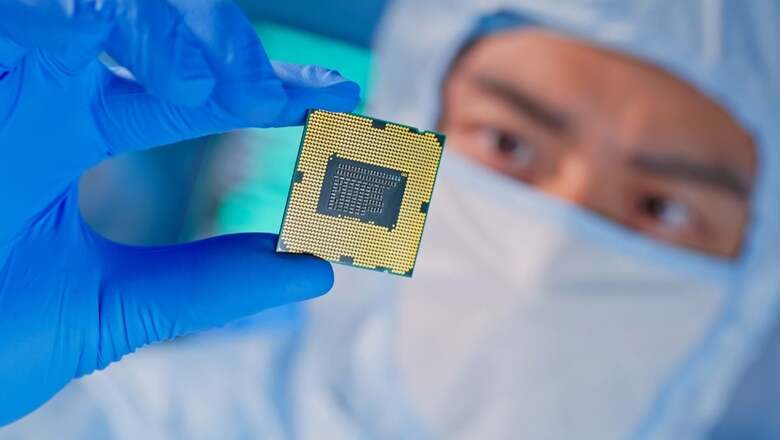
views
Union Minister of State for Skill Development and Entrepreneurship, Electronics and Information Technology Rajeev Chandrasekhar on Friday announced that the Centre will establish the India Semiconductor Research Centre and roll out the Digital India futureLABS initiative soon.
The minister made the announcement during his virtual address at the India Electronics and Semiconductor Association (IESA) Vision Summit in Bengaluru. “We will establish the India Semiconductor Research Centre shortly, which will serve as a hub for semiconductor innovation spanning all spectrums that will drive future systems,” Chandrasekhar said.
Late last year, after the submission of a comprehensive report by the India Semiconductor R&D Committee – a panel comprising officials, industry experts, and academicians – the IT Ministry disclosed plans to establish the ‘Bharat Semiconductor Research Centre’ in 2024. The announcement outlined a collaborative effort involving industry experts and academia, with the research facility set to be developed in a public-private partnership (PPP) mode.
At the same time, Chandrasekhar emphasised that this establishment will serve as a foundational institution in India’s expanding proficiency in semiconductors. It is poised to be India’s counterpart to globally renowned entities such as nano-electronics R&D hub IMEC, Industrial Technology Research Institute (ITRI), and the MIT Microelectronics Lab, all of which have been trailblazers in pioneering cutting-edge technologies worldwide.
Separately, during the IESA event, the minister said: “We will launch our upcoming program called Digital India futureLABS very soon. This program will be a collaboration and partnership involving government labs, Indian start-ups, large enterprises and corporations in the electronics space. It will also include tier-1 suppliers and automotive industrial platforms, focusing on designing and innovating systems for the future.”
The initiative of Digital India futureLABS seeks to enhance India’s electronics & IT sector by creating a research and innovation framework, championing leadership in standards, intellectual properties (IPs), systems, and platforms. The emphasis is on fortifying the domestic innovation ecosystem through collaborative efforts, promoting sustainable growth, and nurturing technological advancements.
The futureLABS, led by C-DAC as the central coordinating agency, will focus on key sectors such as automotive, mobility, compute, communication, strategic electronics, and industrial IoT. It will facilitate partnerships between startups, multinational corporations (MNCs), research and development (R&D) institutions, and academia to collectively pioneer the development of systems, standards, and IP cores.
Chandrasekhar also underscored the vision and path set forth by Prime Minister Narendra Modi in fostering the electronics manufacturing ecosystem. Reflecting on India’s strides in establishing a thriving innovation ecosystem, particularly in the consumer internet space, the minister highlighted the exponential growth of start-ups, unicorns, and significant investments.
He outlined the logical expansion of this ecosystem with a keen focus on deep tech initiatives, including the expansion of the semiconductor ecosystem.
“As a logical expansion of this innovation ecosystem and a reimagining of our national ambitions, we have looked towards our Prime Minister, who has established a framework and investments to expand our semiconductor ecosystem.”
“This deep tech initiative ensures that future systems meet the performance requirements driven by increased digitization for consumers, enterprises, and governments worldwide. The focus covers the entire spectrum including automotive, computer, wireless telecommunication, industrial applications, IoT, and strategic technologies,” he noted.










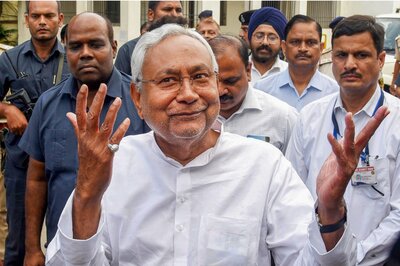




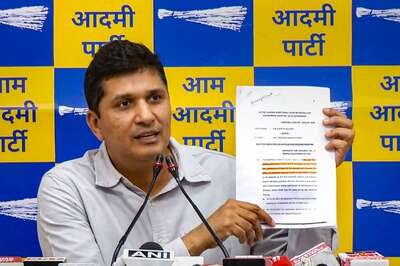
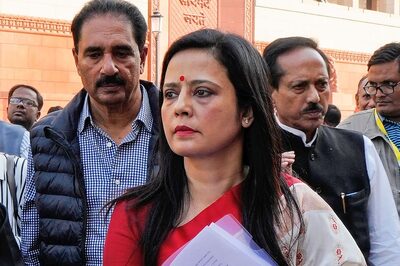

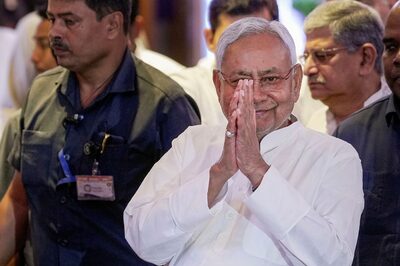

Comments
0 comment